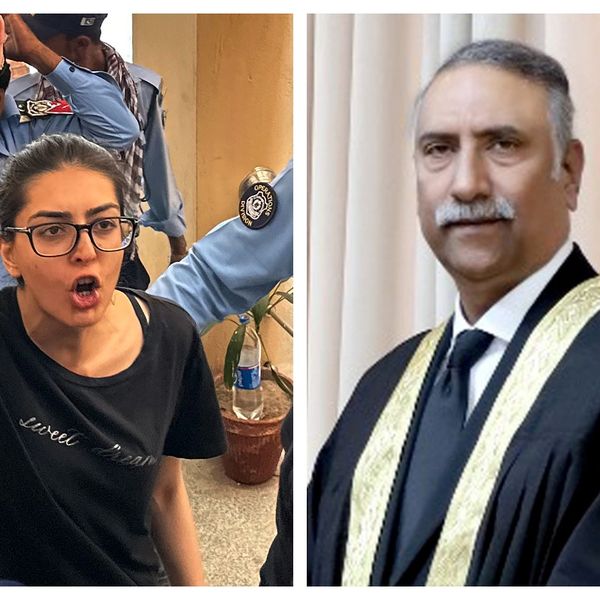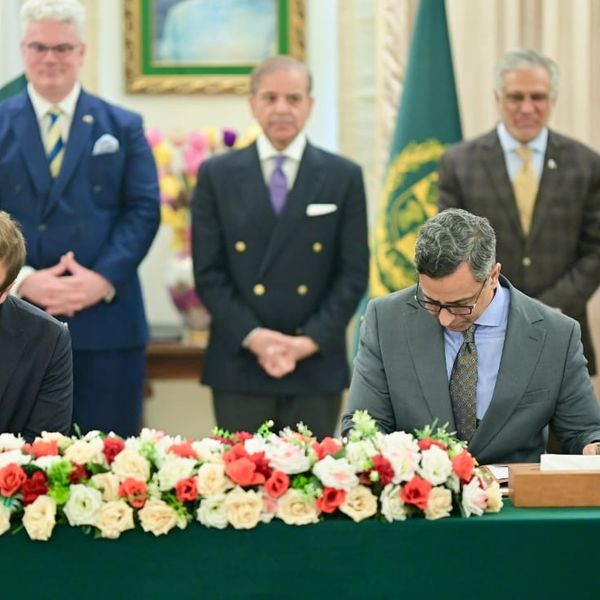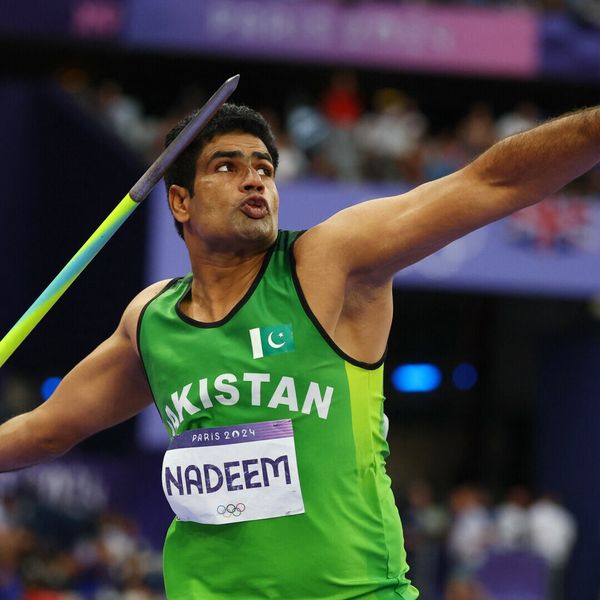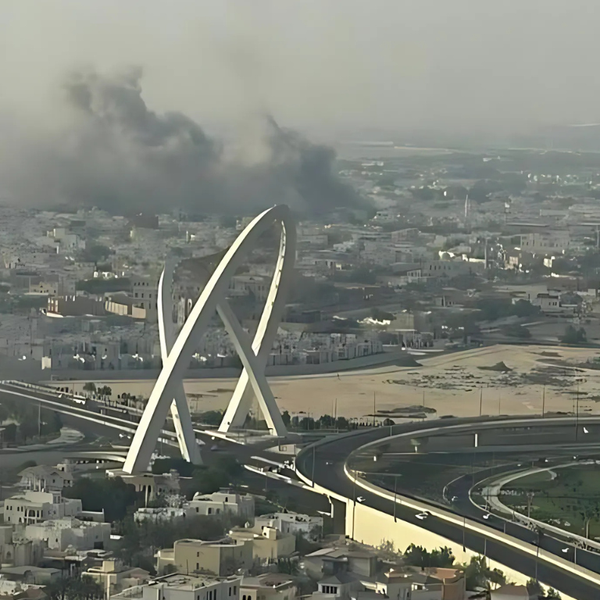Dar’s Dhaka visit reshapes Pakistan-Bangladesh ties after decades of estrangement
Kamran Khan says Ishaq Dar’s Dhaka visit signals Pakistan-Bangladesh ties are entering a new phase
News Desk
The News Desk provides timely and factual coverage of national and international events, with an emphasis on accuracy and clarity.
After more than half a century of uneasy ties, Pakistan and Bangladesh appear to be moving toward a new era of cooperation, with Deputy Prime Minister and Foreign Minister Ishaq Dar’s recent visit to Dhaka marking a potential turning point in regional politics.
The visit, the first by a Pakistani foreign minister in 13 years, has unsettled India, long seen as a key influencer in Bangladesh’s foreign policy. Analysts describe the trip as more than symbolic, calling it part of a broader political and diplomatic strategy by Islamabad to deepen ties across South Asia.
During his stay, Dar met with Bangladesh’s Chief Adviser Professor Muhammad Yunus, Foreign Affairs Adviser Md. Touhid Hossain, and leaders from major political parties, including Jamaat-e-Islami, the National Citizen Party, and the Bangladesh Nationalist Party. These meetings expanded the visit beyond official protocol, opening a channel for broader political engagement.
The last high-level visit came in 2012, when then Foreign Minister Hina Rabbani Khar traveled to Dhaka to invite Prime Minister Sheikh Hasina Wajed to a SAARC summit in Islamabad. But Hasina, under Indian pressure, declined. For years, Dhaka’s pro-India tilt and repeated demands for Pakistan’s apology over the events of 1971 kept relations frozen.
Pakistan has expressed regret on multiple occasions but stopped short of a formal apology. The most notable gesture came in 2002 when then-President Pervez Musharraf, during a trip to Dhaka, wrote in a memorial visitor’s book that he regretted the “excesses” of 1971. Still, this fell short of Bangladesh’s expectations at the time.
Speculation swirled in the media during Dar’s recent visit that Dhaka had again pressed Pakistan for an apology and a resolution on unsettled issues of resource distribution. But Bangladesh’s foreign adviser Hossain publicly denied this, saying no such talks took place.
What did take place was a renewed focus on trade and cooperation. Commerce Minister Jam Kamal remained in Dhaka after Dar’s departure to continue discussions on agriculture and commerce. The two nations signed one agreement and five memoranda of understanding aimed at expanding economic ties.
Dar’s visit comes amid a string of recent steps signaling warming relations. Over the past year, Prime Minister Shehbaz Sharif has met twice with Chief Adviser Yunus. In January, Bangladesh Army’s principal staff officer, Lt. Gen. S.M. Quamar Hasan, visited Pakistan and met Army Chief Field Marshal Asim Munir. Maritime trade routes have reopened, with a Pakistani vessel delivering 50,000 tons of rice to Bangladesh.
In April, Bangladesh’s interim government demolished the controversial “Liberation War Memorial,” which Pakistan saw as a symbol of lingering hostility. That same month, Pakistan’s Foreign Secretary Amina Baloch visited Dhaka, restarting foreign office-level dialogue after 15 years. Interior Minister Mohsin Naqvi later traveled to Bangladesh for talks, including on cricket cooperation. Just last week, Bangladesh Army Quartermaster General Lt. Gen. Faizur Rahman visited Islamabad for defense-level discussions.
Kamran Khan, in his vlog, said the series of high-level exchanges point to a broad-based strategy by Pakistan. “Time has proven that the economic and social benefits of closer Pakistan-Bangladesh ties far outweigh the bitterness of the past,” he said.
The thaw coincides with political change in Dhaka. With Hasina’s government gone and an interim administration in place, Islamabad sees new opportunities. Analysts believe the upcoming Bangladesh elections in April 2026, where the Awami League faces slim chances of returning to power, could further strengthen bilateral ties.
But challenges remain. The question now, analysts say, is whether the recent momentum can be translated into a lasting partnership. If so, it could reshape South Asian politics by curbing India’s dominance and opening economic opportunities for the combined 420 million people of Pakistan and Bangladesh.
“India has long sought to keep Islamabad and Dhaka apart,” Khan noted. “But today, both nations are showing they are ready to chart their own course.”











Comments
See what people are discussing